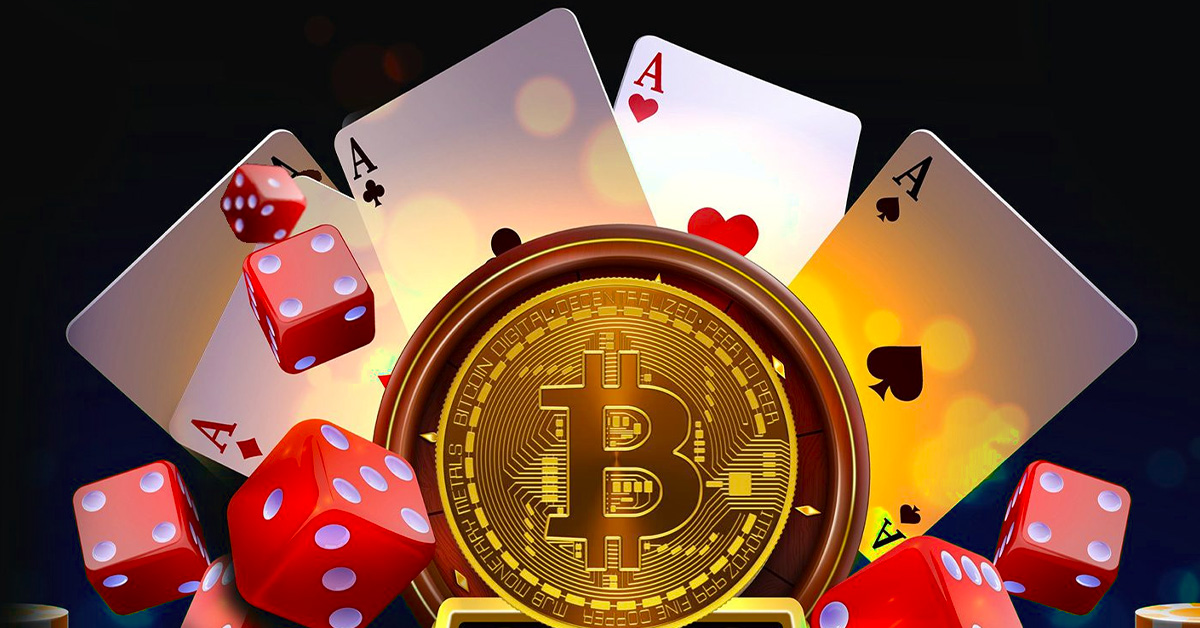
Cryptocurrencies have a relatively short but fascinating history. Bitcoin, the world's first decentralized cryptocurrency, appeared on the scene in 2009, designed to function as a digital currency form that operates independently of traditional financial institutions. It was the creation of a person or group of people acting under the pseudonym Satoshi Nakamoto, and at that time, few thought that it would have the impact it did.
Today, it is safe to say that cryptocurrencies have gone mainstream, with over ten thousand coins floating around the internet and almost every business on the planet seeking to leverage blockchain technology and the immutability of transactions these digital ledgers provide.
Naturally, among sectors that have adopted virtual money with arms wide open are the gaming and gambling industries. Most gambling sites, meaning platforms labeled as - Australia casinos online, these days accept cryptos as stakes in games of chance, and the same goes for many internationally famous gaming companies that offer multiplayer games or sell digital in-game items. Thus, below, we explain why Bitcoin and its many competitors have such a high level of appeal in the gaming space.
Anonymity
Without question, this is the top reason gamers and gamblers adore cryptos. Virtual money allows people to transact with each other without them revealing any personal info. That not only enhances privacy but also boosts security. Though many brands now seek to comply with KYC (Know Your Client) and AML (Anti-Money Laundering) procedures and ask crypto users to supply documentation verifying their identities, not all do this, permitting space for secretive gambling/gaming online.
Convenience & Speed
When people pay for something over the Web or try to perform any type of fiat monetary transaction, it takes some time for this transfer to go through, despite the automated nature of most systems. Banks have working hours, and transactions that go through most of these financial institutions have to get processed during weekdays only, when employees are at their posts. Cryptos do away with all that, with transactions on blockchains such as Solana and Ripple happening in seconds, at any time of the day, week, or month. Bitcoin transfers, on average, go through within forty minutes or so. But it is worth noting that the speed of any crypto transfer heavily depends on network congestion.
Lower Transaction Costs
Everyone knows that banks can take sizeable fees, and despite many e-wallets getting advertised as low-commission solutions, some of the more popular market options still take 2% per transfer. So, that is not a negligible amount. Cryptos, on the other hand, take significantly less, with options like Stellar (XLM), Ripple (XRP), Binance Coin (BNB), and Nano (NANO), ranking as the lowest-cost picks, with fees that often total only a fraction of a cent.
Global Accessibility
The terrific thing about decentralized financial systems is that they do not impose any geographical restrictions, allowing gamers and gamblers from every section of the planet to use them as equal participants, expanding opportunities, and fostering inclusivity. No one gets discriminated against due to their country’s underdeveloped economy or institutions, as everyone can own cryptos and transact on blockchains on equal footing. And that is just terrific.
Risk warnings
The views and opinions expressed are the views of Crypto Currency 10 and are subject to change based on market and other conditions. The information provided does not constitute investment advice and it should not be relied on as such. All material(s) have been obtained from sources believed to be reliable, but its accuracy is not guaranteed. There is no representation or warranty as to the current accuracy of, nor liability for, decisions based on such information.
Changes in rates of exchange may have an adverse effect on the value, price or income of an investment.
Past performance is no guarantee of future results and the value of such investments and their strategies may fall as well as rise.
